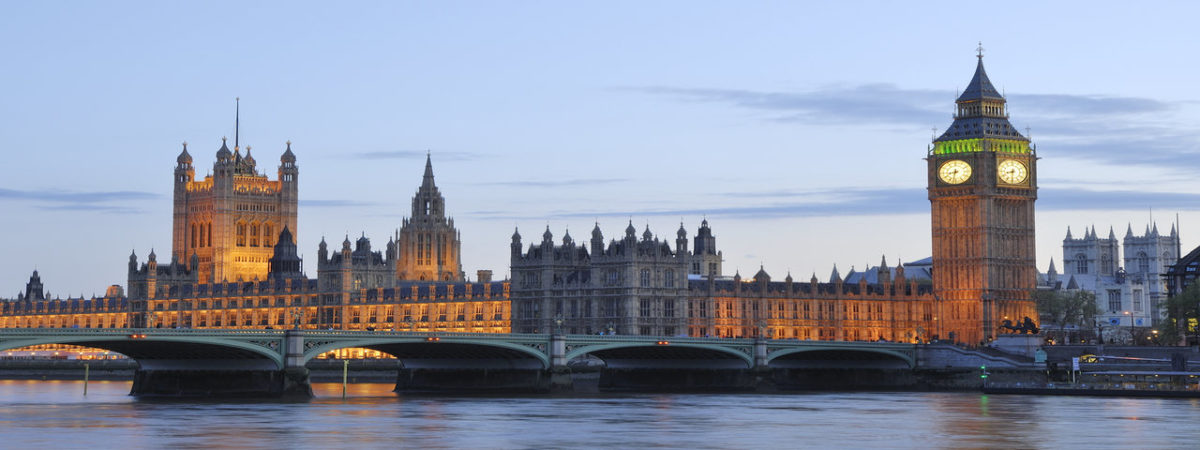Forget NHS romanticism: Market-based healthcare is far better for patients
SUGGESTED



Yet whenever Crisp moves away from his frontline struggles and talks about the NHS in the abstract, he is just as prone to that starry-eyed view as the next guy. Crisp distinguishes between health systems that are “built on a sense of social solidarity and […] shared values”, and “health insurance schemes which are based on commercial contracts and offer only consumers’ rights”. He seeks to illustrate that difference by recounting an interview of the health minister of Switzerland by an American journalist. The journalist asks how many people in Switzerland go bankrupt each year because of medical bills. The minister pauses for a moment, apparently irritated by the question, before responding with something like “Why, zero, of course.”
If this anecdote is meant to be an endorsement of a NHS-style single-payer model of healthcare, it is a spectacularly poorly chosen one. The Swiss healthcare system is a health insurance scheme, and it is based on commercial contracts. There are no medical bankruptcies, but that is because health insurance premiums for low-earners are subsidised, and insurers are not allowed to discriminate on the basis of individual health risk. These are relatively mild interventions in a generally market-based system – it is a million miles away from nationalised healthcare.
And it works. As I show in my paper What are we afraid of? Universal healthcare in market-oriented health systems, Swiss-style social insurance systems deliver better outcomes than nationalised systems on most accounts. They achieve higher cancer and stroke survival rates, fewer incidences of post-operative complications like infections, lower rates of avoidable mortality, and better efficiency indicators. Total spending is higher than in the UK, but that is partly because these systems make it easy to top up statutory healthcare privately. For example, statutory insurance covers the cost of hospitalisation in a shared ward, but patients can request an upgrade to a single room and pay the extra cost out of pocket. That means higher spending, but only by those who want to.
So there is a lot to be learned from these systems. But while international comparisons are a regular feature of the current election campaign, the healthcare debate is the one area which has so far been exempt, remaining parochial and inward-looking. The idea of learning from international best practice in healthcare has not yet entered political discourse, which is a shame, because where is this more important than when it comes to our health?
This article was first published in City AM.
5 thoughts on “Forget NHS romanticism: Market-based healthcare is far better for patients”
Comments are closed.





As both a patient and an NHS employee I am certainly not romantic about the NHS, grappling with its problems ever day. But I am also rather sceptical of market romanticism. Kristian Niemietz may be right when he says that the Swiss system works well – but he does not say how much extra the Swiss pay. In 2012, the UK paid around 2,600 Euros per head for healthcare. the Swiss paid over 4000 Euros per head. I doubt that this massive difference is accounted for by people “topping up” for better rooms in hospital, or even by the administrative overhead you pay with any insurance-based system. It’s being spent in the health system itself.
The Swiss pay a lot more more and get a better service – let’s just grow up and accept that, most of the time in life, you get what you pay for.
Well assuming this is a zero sum game, it’s hard to see how a health system can be improved while at the same time making profits for insurance companies. I suspect the missing part of this balance sheet is the extra funding which must surely come from the treasury. Unless we believe that introducing an insurance system magically makes health provision cheaper.
but the point is that a market is not a zero sum game. The purpose of a market is to discover information about what consumers want and how best to provide what they want. That is why transactions within markets create value. There may be particular difficulties with markets in some sectors but, given the right conditions, markets can develop the institutions to overcome these difficulties – and some kind of state funding for healthcare within systems were most providers are private, mutual (still private), charitable (still private, of course) seems to do quite well. One crucial point is that if you are spending 8 per cent of national income on a service we should not assume that we all want the same type of service. I like my car insurance stripped down with a high excess (few complications, less need to make a claim), I might prefer my health insurance to have great hospice and elderly care but maybe not providing access to the best teaching hospitals (or the other way round). Those who are working (especially commuting) may prefer to pay more for weekend and evening access (why have a debate about whether 60 million people should have such access?) whereas pensioners may prefer not to pay for such things. Currently, the NHS does not provide hospice and elderly care (rightly in my view – because it has to provide a kind of average that is okay for everybody) but we can have our preferences met better if we can choose different things. The profit issue is a red herring. Either the government has to borrow to build hospitals (yes, the government can borrow cheaply but only because future taxpayers underwrite the risk) or the government uses some kind of pfi contract. Profit margins for the provision of current services (as opposed to on capital investment) are always tiny.
Keep an eye on the Republic of Ireland. They reformed to a european style social insurance system in 2014 (from an NHS style system). It will be interesting to see how things work out for them. The basic problem of government monopoly healthcare is the inefficiency in allocating resources to where they’re needed. In market based system, they have price and profit (and loss) signals which direct resources appropriately. For example, if the UK privatised cancer treatment, and one firm was making an extortionate amount of profit, new firms would swoop in and direct resources that way. I know this is rather simplistic, but compare it to what we have now – a chronic lack of resources, and the worst cancer survival rates in western Europe, and a central planner without sufficient information to know how to divide up the budget. Market based systems are very good at resolving these types of problems, as is the case in Europe. People say that making profit out of healthcare is unethical. I would agree with this in a corrupt franchise based system, but not in a competition based system where patients have freedom of choice.
Unfortunately competition generates its own inefficiencies and uncertainties – duplication of resources, lack of cooperation, a contract with an unsatisfactory provider you want to terminate even though there are no other suitable providers, providers suddenly leaving the marketplace when they have realised there’s not much money to be made (as has happened with private mental health beds recently). And in a system where cash is very restricted you tend to get a “race to the bottom”, as you have with voluntary sector contracts in supported housing recently, where price clearly dominates over quality. Probably one reason why the Swiss pay so much – and most other western European countries with insurance systems pay more than the UK.
It will, indeed, be interesting to see how the Irish do – but there, I fear, move to insurance-based health provision is being seen – romantically perhaps – as the solution to the lack of resources generated by their fiscal crisis.
Unfortunately the notion of competition and patient choice are (to an extent) illusory – there is usually not the information available to make an informed choice in those areas that really matter. You can of course choose sensibly between things like hotel and catering options and but the evidence is so ambiguous in so many areas of health that that customer/choice model just does not work very well.
Certainly, in the past at least, estimates of survival rates have been confounded by the differing characteristics of the populations served.
And the issue of cancer rates – my guess is that this may have to as much to do with our particularly unhealthy lifestyles here compared with mainland western Europe. Certainly, although survival rates her are a few percent lower than in France, Germany etc, they have been increasing at a similar rate.
And in the world’s most well-known insurance-based health economy, the US, competition and choice has done nothing to develop a more rational health system – although they may well be getting somewhere now with Obama care.
So what is the quality answer? The CqC is only now developing itself as a really rigorous inspectorate – I think that this is a good way to drive up standards in a non-insurance based-system – as long as it doesn’t get abolished and replaced by a different body by the new government …….